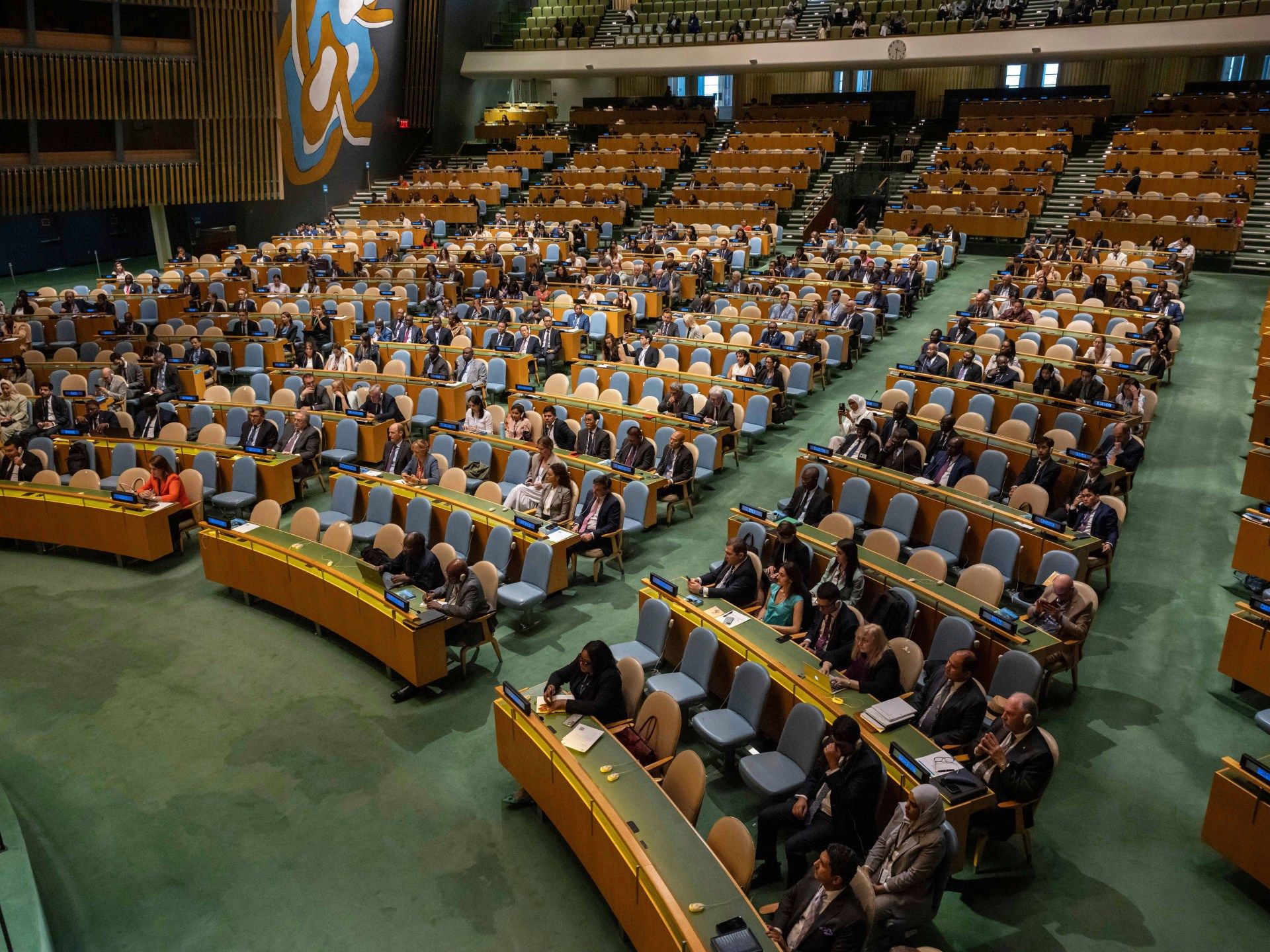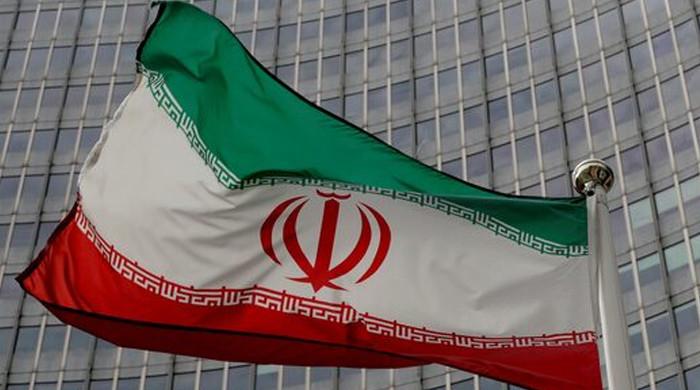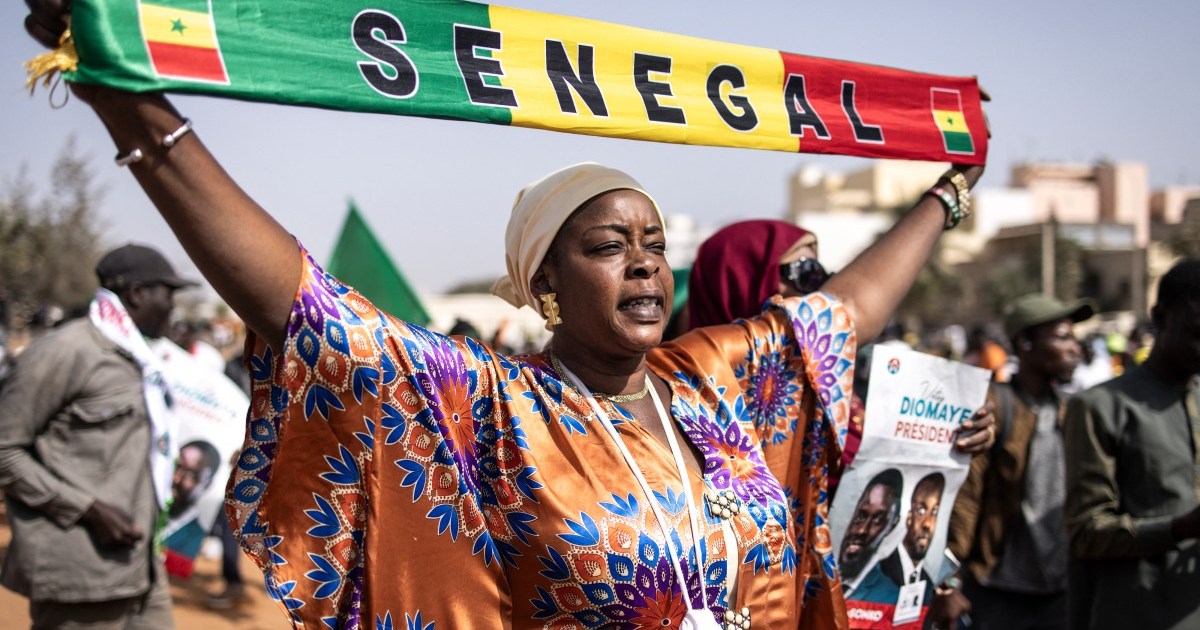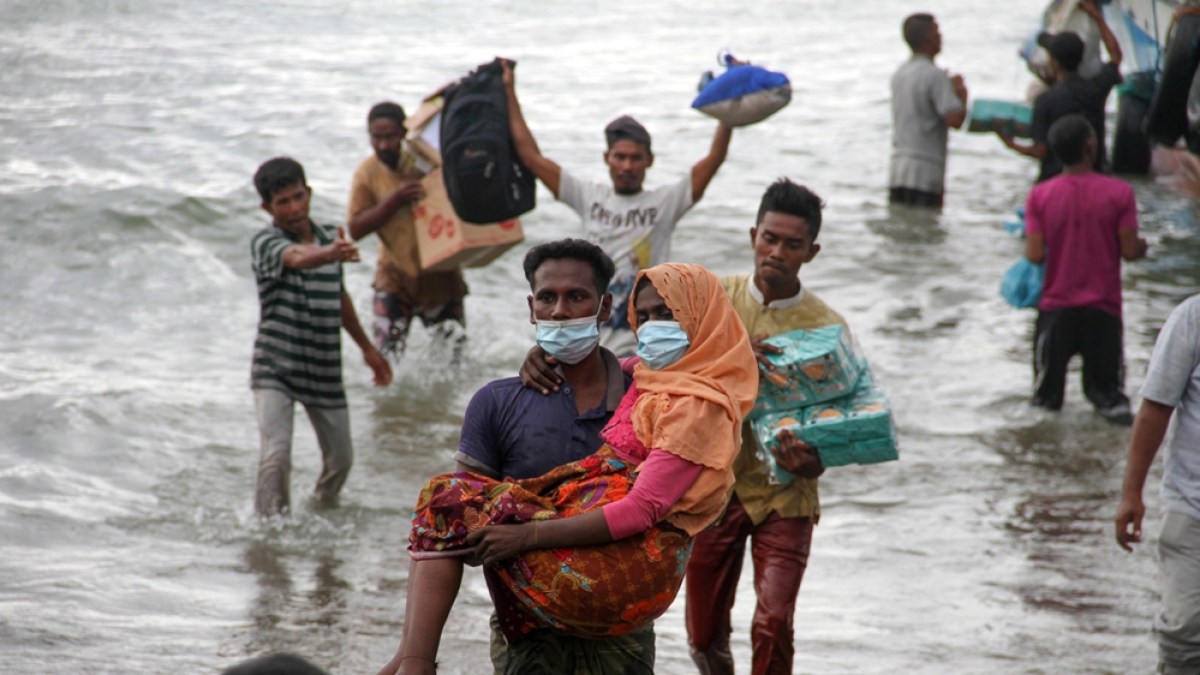On September 18, the United Nations General Assembly adopted a resolution calling on Israel to end its illegal occupation of Palestinian territory within one year. The vote, which ended with 124 votes in favor, 12 against and 43 abstentions, has been interpreted by some as a significant victory for the defense of Palestinian rights.
However, one cannot ignore the fact that 54 countries (excluding Israel) – constituting approximately 28 percent of all member states – have not endorsed the resolution. This not only signifies a lack of moral courage, but also highlights a widespread hypocrisy that continues to shape global governance. Indeed, it reflects ongoing efforts to erode the international regime in order to ensure impunity for Israel.
The resolution in question demanded that Israel “without delay end its illegal presence in the Occupied Palestinian Territory.” It reiterated the findings of the International Court of Justice (ICJ), which in July ruled that Israel’s occupation was illegal, that its settlements on occupied Palestinian land are also illegal and must be dismantled, and that Israel must pay reparations for damages suffered by Palestinians.
International law is very clear when it comes to occupation: it is a criminal act. There is a consensus among international experts that an occupier cannot invoke the right of self-defence against the people it occupies, an argument that Israel has used to justify its nefarious genocidal actions.
In the context of this decision of the International Court, voting against the UN General Assembly resolution and abstaining from voting on it cannot be considered mere political neutrality. By choosing not to support a resolution that reaffirms the illegality of the Israeli occupation, these nations implicitly endorse Israel's actions and contribute to the perpetuation of a status quo characterized by brutal oppression and suffering. They also openly disregard the provisions of international law and thus attack them.
It is important to remember that this vote came amid an ongoing Israeli aggression against Gaza and the West Bank, in which nearly 42,000 Palestinians – most of them women and children – have been killed and more than 100,000 injured. In January, the ICJ issued a preliminary ruling stating that Israel is “plausibly” violating the Genocide Convention with its actions in Gaza. This genocidal violence is a direct consequence of Israel’s decades-long illegal occupation of Palestinian land.
The 7 October attack by Hamas last year cannot be viewed in isolation. It is rooted in decades of brutal occupation that have left Palestinians trapped in what many describe as the world’s largest open-air prison, where systemic oppression, displacement and violence have defined millions of Palestinian lives. Understanding this context is essential to addressing the underlying issues and moving towards a just and lasting solution that honours the dignity and humanity of all those affected.
One of the 12 countries that voted against the resolution – the United States – has long supported the Israeli occupation, sending billions of dollars worth of weapons to its military before and after October. For its role in supplying arms to Israel, the United States has been repeatedly accused of complicity in war crimes and crimes against humanity committed by Israel.
Curiously, the US representative to the UN voted “no” even though Judge Sarah Cleveland, who represents the US at the ICJ, voted in favor of all of the court’s opinions in the July ruling.
What makes the US position even more problematic is that it has taken the exact opposite stance in relation to occupations elsewhere. In 2022, when Russia launched a full-scale invasion of Ukraine and occupied parts of its territory, Washington was at the forefront of global condemnation, sending billions of dollars in military and financial aid to the Ukrainian military. This has set a worrying double standard that other US-allied countries have also followed.
The UK, for example, expressed “considerable concerns” about the ICJ’s January ruling and rejected accusations of genocide against Israel. On 18 September, it chose to abstain. Despite its own legal advisers warning that British weapons could be used to violate human rights in Gaza, the British government has continued its arms shipments to the Israeli military, suspending only 30 of 350 arms export licences.
Like Washington, London has also provided significant military support to Ukraine in its fight against Russian occupation and has unconditionally backed investigations into war crimes committed by Russian forces.
Germany, which also abstained on September 18, is another example of a country that finds itself in a worrying position. As a key arms supplier to Israel, Germany faces serious accusations of facilitating the commission of genocide, complicating its moral standing and raising questions about its commitment to human rights. Its government has announced plans to intervene in the main hearing of the genocide case against Israel at the ICJ, categorically rejecting accusations of genocide without substantial justification.
While trying to block legal proceedings against Israel, Germany has accelerated investigations launched by its own judicial system into war crimes committed in Ukraine.
Several other countries in Europe, Latin America, Asia and the Pacific – mostly allies of the United States and NATO – also voted against the UNGA resolution or abstained, putting geopolitical considerations above international law and ethics.
The hypocrisy inherent in these geopolitical alliances raises critical questions about the integrity of the global legal framework. Why are violations committed by Israel, an ally of powerful Western nations, met with silence or insufficient condemnation, while others are not? This inconsistency not only deepens divisions between the West and the Global South, but also damages the legitimacy of international law and its ability to prevent atrocities.
The more Israel is protected by these countries, the more it flouts international law without fear of consequences, and the more brutal and lethal its abuses become. And its violations do not only affect the Palestinian population. This pattern of impunity undermines fundamental principles of justice and accountability and encourages others to commit such crimes.
The abstention of 43 countries and the opposition of 11 others on the UN General Assembly resolution sends a clear message to the world: “there are no rules.” This alarming trend suggests that countries with powerful militaries can act unilaterally, ignoring international law, without consequences. If we fail to stop this erosion of the legal regime, we risk sliding into a world ruled by the “law of the jungle.”
Such a breakdown of international law would have catastrophic consequences for human civilization, fostering a climate in which the powerful could trample on the rights of the weak, perpetuating cycles of violence and oppression. The hypocrisy evident in the global response to the Palestinian plight exemplifies this dangerous disregard for justice and accountability. As long as these 54 countries continue to turn a blind eye to grave violations, the foundations of the global order are threatened.
To restore faith in international law, countries must prioritize human rights over strategic interests. This requires a united front within the international community. Nations must hold each other accountable for their actions and denounce violations, regardless of their political affiliations or alliances. A true commitment to justice requires that the principles of international law be applied consistently and without bias.
Only through decisive action can the ideals of international law be upheld and the world saved from a dark, lawless future.
The views expressed in this article are those of the author and do not necessarily reflect the editorial stance of Al Jazeera.












